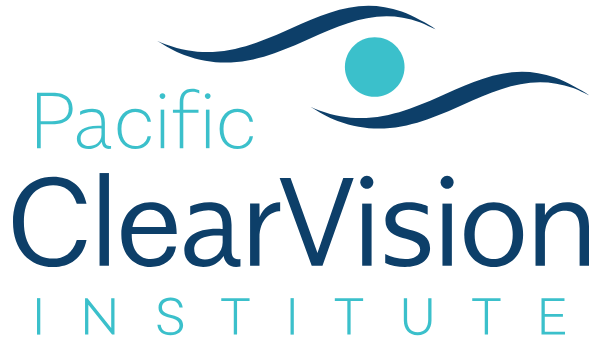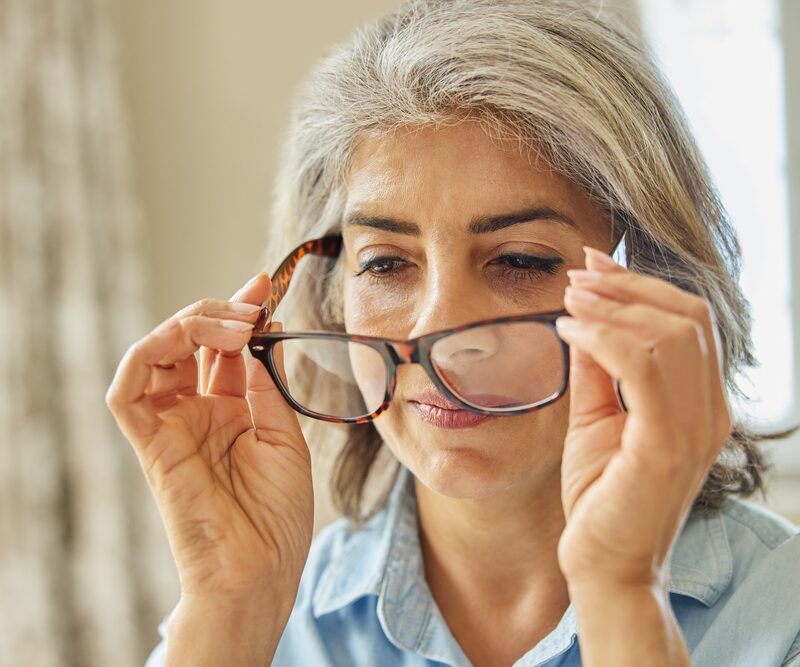- Home
- About
- Treatments
- Patient Information
- Patient Information
- Book Your Appointment
- Debunking LASIK Myths In Oregon
- Frequently Asked Questions
- Instructional Videos
- Language Services
- Notice Of Nondiscrimination and Accessibility
- Patient Forms
- Patient Portal
- PCVI Accessibility Statement
- PCVI Compliance and Your Rights
- TeleHealth by PCVI
- Visual Freedom Financing And Payment Options
- Your Rights and Protections Against Surprise Medical Bills
- Patient Information
- Contact Us











